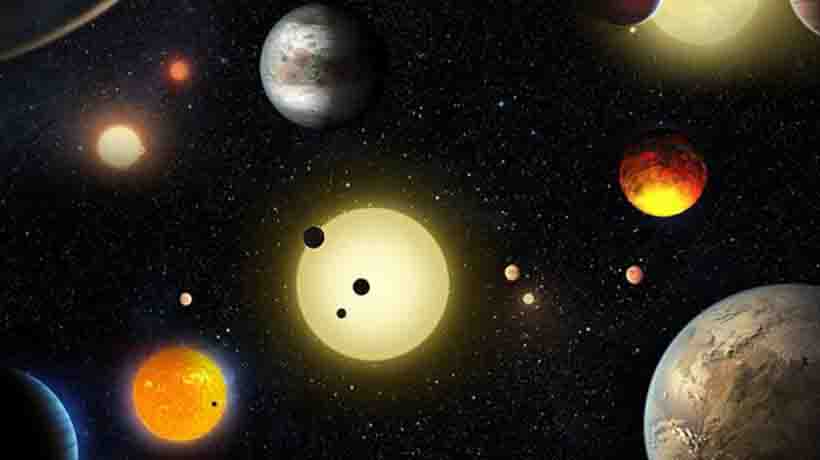Trending Now
- IPL 2024 begins with a bang. First contest between CSK and RCB.
- Election commission allots mike symbol to Naam Thamizhar Katchi
- AIADMK promises to urge for AIIMS in Coimbatore, in its election manifesto.
- Ponmudi becomes higher education minister.
Education
Scientists find planets in a galaxy outside Milky Way for the first time: All about it
![]() February 5, 2018
February 5, 2018
An astrophysics team from the University of Oklahoma has discovered for the first time a population of planets beyond the Milky Way galaxy.
According to the reports, Xinyu Dai, professor in the Homer L. Dodge Department of Physics and Astronomy, OU College of Arts and Sciences, with OU postdoctoral researcher Eduardo Guerras, made the discovery with data from the National Aeronautics and Space Administration’s Chandra X-ray Observatory, a telescope in space that is controlled by the Smithsonian Astrophysical Observatory.
We are very excited about this discovery. This is the first time anyone has discovered planets outside our galaxy. These small planets are the best candidate for the signature we observed in this study using the microlensing technique. We analyzed the high frequency of the signature by modelling the data to determine the mass.
MORE ABOUT THE DISCOVERY:
1. Using microlensing an astronomical phenomenon and the only known method capable of discovering planets at truly great distances from the Earth among other detection techniques OU researchers were able to detect objects in extragalactic galaxies that range from the mass of the Moon to the mass of Jupiter
2. While planets are often discovered within the Milky Way using microlensing, the gravitational effect of even small objects can create high magnification leading to a signature that can be modelled and explained in extragalactic galaxies
3 .The microlensing models were calculated at the OU Supercomputing Center for Education and Research
4.The galaxy in which the planets are found is roughly 3.8 billion light years away
5. Until this study, there has been no evidence of planets in other galaxies
























